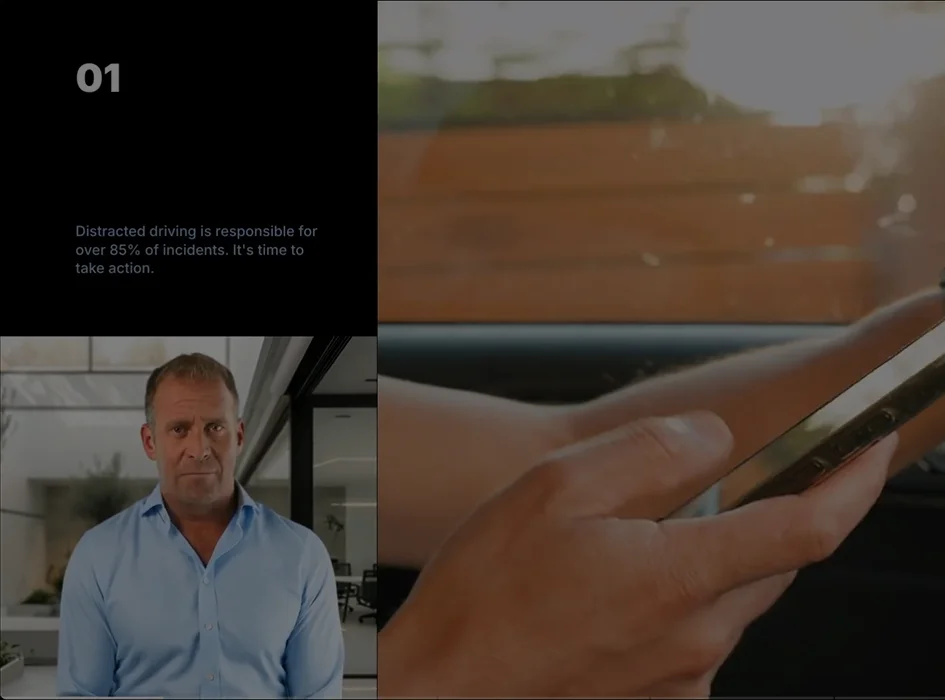TJ RV
Software
Introducing TJ, our AI-powered RV dealership software designed to transform your pricing strategy and inventory management. TJ provides real-time market insights, competitive analysis, and dynamic pricing recommendations, enabling you to:
• Set Winning Prices: Uncover trends and insights for RVs, understand your competitors better, and publish updated prices directly to your website and DMS.
• Competitor Analysis: Access in-depth competitor mapping within a specified radius and receive guidance on valuing trade-ins.
• Market Analysis: Stay informed about nationwide RV market trends and understand how your inventory compares to market averages.
By leveraging TJ, you can maximize profits, reduce aging inventory losses, and save up to 80% of the time typically spent on manual pricing research.







